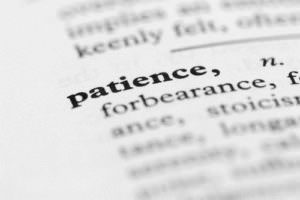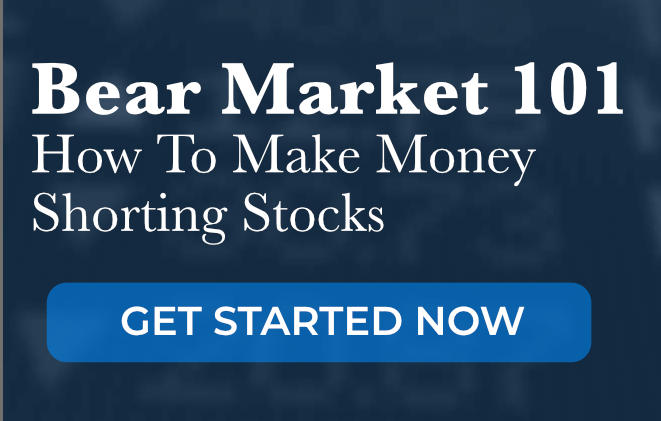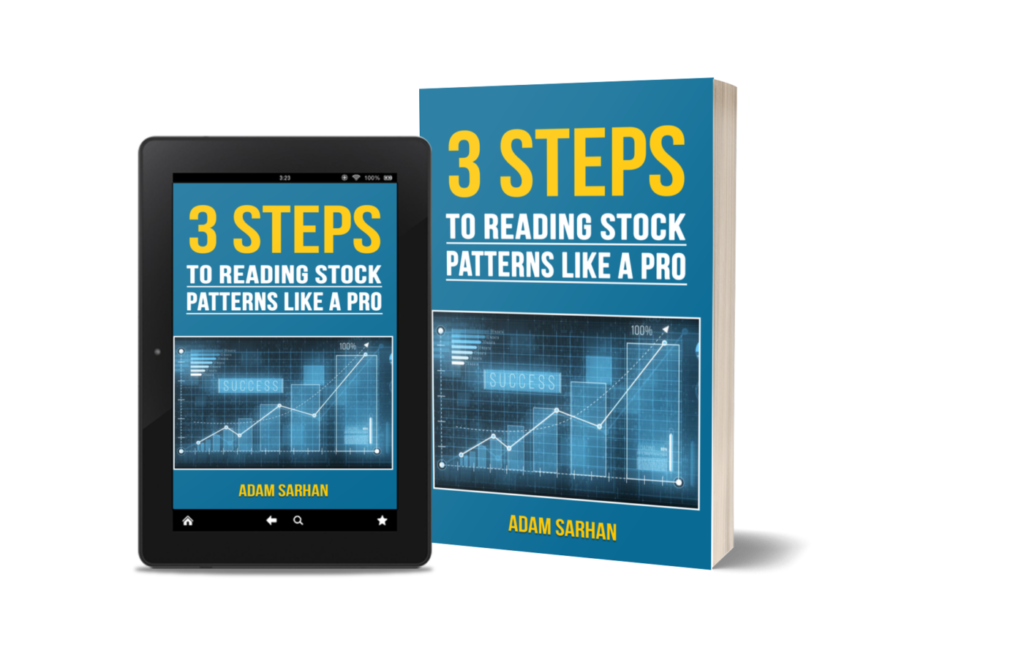For those of you who have been following ChartYourTrade are aware, I became a father for the first time on 05/06/2015. Every moment with my daughter Lily has been precious so far, even the challenging ones at 3am…and it’s the challenging ones that have inspired me to write this blog post.
It has become clear to me that the proficiencies required to become a great trader including patience, flexibility, an ability to see the bigger picture, objectivity, and discipline will be essential for learning how to become a good parent. It is my hope that being good at one will help me become better at the other.
Similarities abound…
Just like in trading, when you’re a new parent, everyone…and I mean everyone (relatives, friends, co-workers, assorted medical staff, authors, bloggers, etc…) have advice to offer. The advice seems well reasoned, has been time tested, and sound… However, just like in the market, much of this great advice is in direct conflict but with one another. I expected to hear conflicting advice from some relatives and friends. What I was surprised to hear was some conflicting advice from some of the medical staff within the same institution…(I can write a full blog post on the schools of thought surrounding breast feeding, using bottles, pacifiers, supplementing with formula, etc..but that’s for another blog post on another site).
Like good parenting, there are many schools of thought surrounding what is “good trading” as well. A few include growth, value, swing, momentum, short term, long term, etc… Within these schools of thought are sub-disciplines (such as CAN SLIM) and even within these sub-disciplines there are conflicting schools of thought on how to best operate within them. Just like parenting, there are many well reasoned, time tested, sound ways to be successful and many of them are in direct conflict with one another. At the end of the day it is ultimately up to us to figure out what makes the most sense, what works for us, and to work towards that. Listening to the advice of others but figuring out how it works best for us in our unique situations is what will ultimately help us succeed.
 Patience and Flexibility
Patience and Flexibility
To be a successful trader we need to be flexible enough with our ideas and beliefs to change them if things aren’t working but patient enough to allow them the time necessary to be tested. With so many schools of thought surrounding every aspect of child care, what I’m quickly learning is that it’s important for both my wife and I to work as a team, figure out what makes the most sense to us, test things out, and give what we’re trying out enough time to work before changing things up.
 Ability to See the Bigger Picture and Objectivity
Ability to See the Bigger Picture and Objectivity
With so many moving parts in the market, it’s imperative to have an understanding of what the bigger picture will be through our own eyes, meaning what will be relevant to us. For the individual trader, this means figuring out what is relevant to our interpretation of the bigger picture and being comfortable leaving the rest behind. It’s also looking at what is happening in front of us and not only considering it from our own perspective, but also from the perspectives of the persons on the other side of the trade as well as those who aren’t even in the trade yet.
For parenting, keeping the bigger picture in mind is essential as well. Attempting a parenting style that seems wonderful on paper but doesn’t work for us nor fits into our lifestyle sabotages that strategy. Part of the bigger picture is figuring out what works for each parent given their unique situation.
[su_horizontal_ads]
 Discipline
Discipline
The term “discipline” is often thrown around as a buzzword in trading. We are told to have discipline in following a method, a set of rules, a routine, and the like. What’s often left out of the discussion of discipline is the discipline early on in a trading journey (probably the first 3-5 years for most who are dedicated) to be open and objective with the various schools of thought. Discipline in early stages is often misinterpreted as subscribing to one trading methodology and sticking with it no matter what. In my opinion in the early stages of trading, discipline is testing different methodologies, seeing what works and what doesn’t, and having the patience to do so.
Having discipline as a parent I’m sure will be very similar. I’m brand new to being a father. Sure I’ve read a few books, watched a few videos, and have plenty of great advice coming in from all over. However, it will ultimately be up to my wife and I to figure out what style works best for us, what suits our personalities, what suits our daughters personality, and what fits in with the dynamic of our family.
The more I think about it, the more I realize that all parts of life are interconnected somehow. It’s a thing of beauty really.



